Louisiana-born Pierre Caliste Landry was many things in life but he will be best known as the first Black person to be elected mayor in the U.S.
Born April 19, 1981, in Ascension Parish’s large Prevost Plantation, his mother was a slave who worked as a cook as well. His father was a white worker possibly on the plantation. When Landry turned 13 he was sold to the Bringiers who owned the Hermitage Plantation. There, he received a basic education and trained in various labor skills.
It would be his educations on two ministers that would have a long-lasting effect on his life and steer him towards service to the church as an adult.
Political Career
Following the Civil War, Pierre Landry and his family settled in Donaldsonville. The town was known for its extremely large Black population, having the third largest in Louisiana. This allowed for Blacks to run businesses, government, and other civic and economic works without the interference of white people.
During the early years of Reconstruction, Blacks were put into positions in state legislature throughout the South. When 1868 rolled around, Donaldsonville held an election which Landry won, making him the first Black mayor in the U.S. He would also establish the town’s church—St. Peter’s Methodist Episcopal Church.
During his role as mayor, he handled many other civic duties such as being a judge, justice of the peace, and tax collector, just to name a few. Needless to say, Pierre Landry was busy with his work as mayor. He was an active member of the Republican Party and founded the Black Republicans.
Landry was elected to the state Senate in 1874 and served one term. Prior to this, he was a member of the House of Representatives starting in 1872. His main bill was to establish New Orleans University, a private college for Blacks and third in the state. The school opened in 1866 but the bill gave it a formal campus in 1873. By 1934, the school merged with the struggling Straight College to form Dillard.
Religion
Pierre Landry’s faith played an important role in his personal and professional life. Following his state political career, he focused on his position as St. Peter’s Church’s minister, a position he took in 1878. A pillar of both the community and the church community, Landry was elected as the Baton Rouge District’s presiding elder in 1881. He would be elected to the same position for the Shreveport District in 1885.
Towards the end of the 1880s, he was St. Paul Methodist Episcopal Church’s pastor. In 1891, two years after taking the pastor position in Shreveport, he was elected to presiding elder of the South New Orleans District.
Death and Donaldsonville Today
In 1921, two days after his 80th birthday, Pierre Caliste Landry passed away. The town he moved to right after the Civil War still stands and is the parish seat of Ascension Parish. At the time he became mayor, it was nearing a population of almost 1,600. Today it has a population of over 8,200, the majority being Black residents.
REFERENCE
–http://www.southerndigest.com/commentary/article_3cf2ad8a-71c2-11e5-9e53-bb8f38863f0e.html/
-http://donaldsonville-la.gov/about-us/donaldsonville-history/

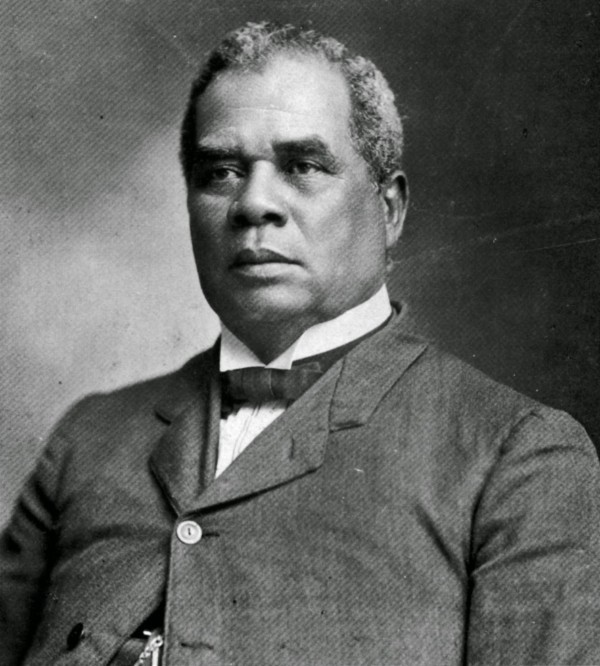



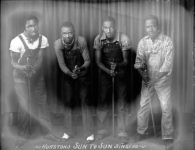
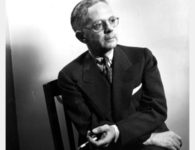
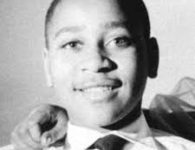
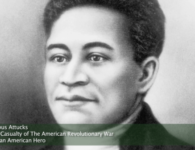
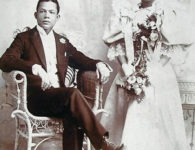
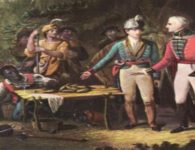
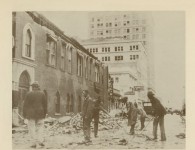


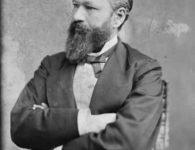

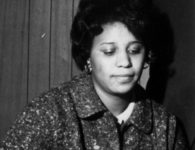
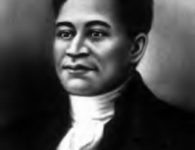
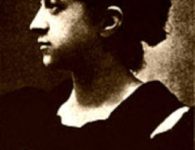
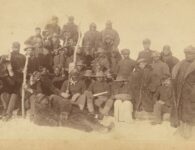

1 Comment
Como Comprar Cialis Discretamente Amoxicillin Uses Sinus Infection viagra Buy Propecia Finasteride Online Viagra In Tre Giorni On Line